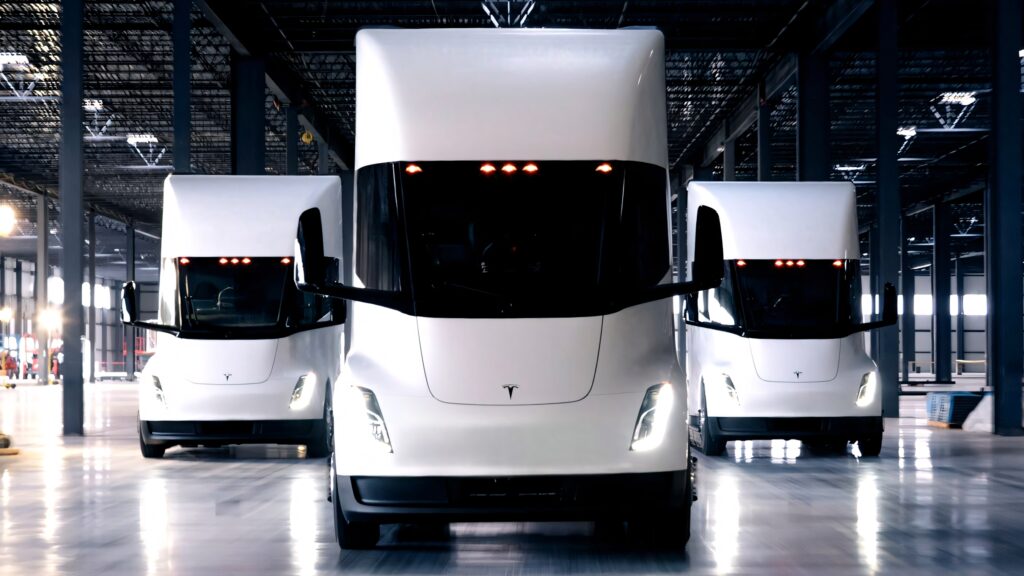Californian Update

California is stepping up its game in the world of autonomous vehicles (AVs) by proposing some big changes to its current rules. If these new regulations pass, the state will open up its highways for testing heavy-duty self-driving trucks, and impose stricter testing and data requirements for all AVs. This move comes at a time when federal agencies are also easing some regulations to help unlock the potential of driverless technologies.
Heavy-Duty Testing
Until now, California hasn’t allowed big rigs and other heavy-duty autonomous vehicles to roam its roads. But this may soon change. The proposed rules would permit these trucks, anything weighing over 10,001 pounds, to start testing on specific highways, provided they clock in at least 500,000 testing miles. It’s a significant leap, given the state is usually at the forefront with innovations, yet lagged behind states like Arkansas, Texas, and Arizona in heavy-duty AV testing.
Light-Duty AVs
The new rules aren’t just about the big guys, though. Light passenger vehicles, such as Waymo’s autonomous taxis and Tesla’s ambitious Cybercab, will need to jump through more hoops. Initially, they’ll require permits for testing with a human safety driver. As they advance through various validation stages, they’ll also need additional permits for fully driverless testing. These vehicles must also complete 50,000 miles of testing and adhere to more complex data reporting requirements.
Regulation Goals
California’s DMV aims to establish the most comprehensive regulations in the nation for AV operations. A spokesperson highlighted that the updates are designed to enhance safety, foster technological innovation, and provide a robust framework for testing and deployment.
Federal Influence
Simultaneously, changes at the federal level, such as adjustments to crash reporting requirements, signal a shifting environment that’s more welcoming to AV technology. This creates synergy with California’s state-level initiatives, paving the way for a more integrated approach to AV regulation across the country.
Public Involvement
As part of the regulation drafting process, there’s a 45-day public comment period, allowing both private companies and the general public to weigh in. A public hearing slated for June 10 will further discuss these proposals, potentially shaping the future of autonomous vehicle testing on Californian roads.
“`
This fresh look at California’s autonomous vehicle regulatory landscape captures the strategic changes being proposed and the progressive approach the state is taking to stay at the forefront of AV innovation. It emphasizes the balance between maintaining rigorous testing standards and encouraging advancements in driverless technology.
Futuristic Pickup
Porsche Spins Out
Tesla Experiences Revealed
Porsche Tariff Moves
Renault's New Boreal